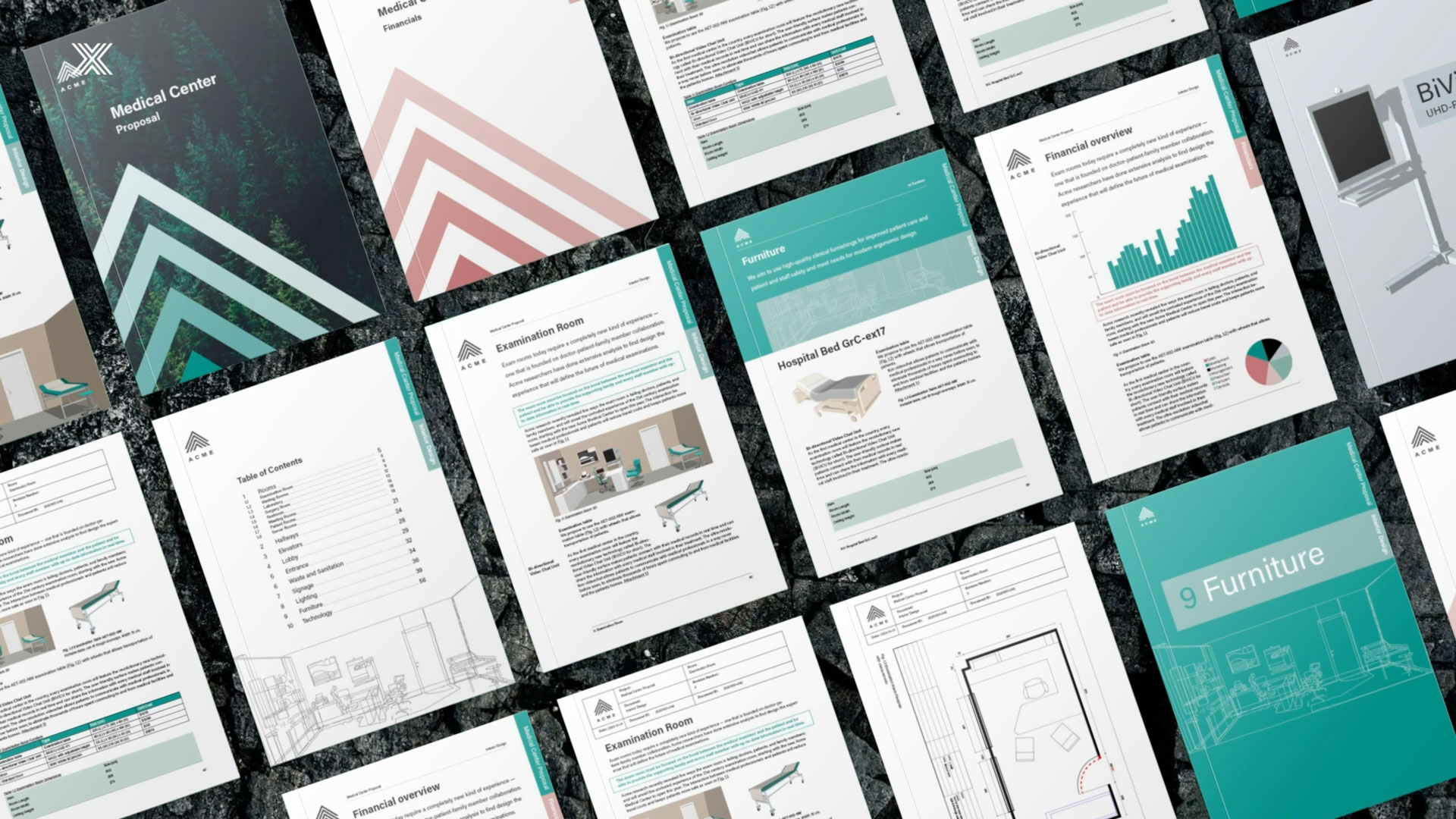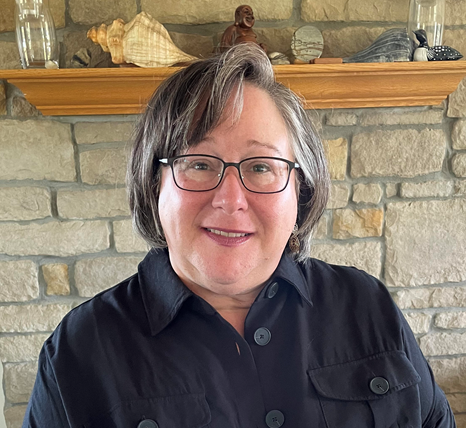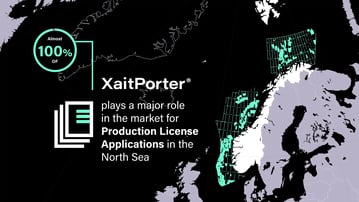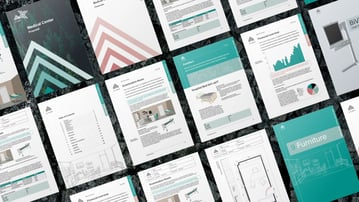In today’s competitive landscape, energy and renewables companies must find innovative ways to streamline the Field Development Plan process, enhance accuracy, and accelerate their time from project to production.
Discover how modern companies accelerate this complex, costly, and often risky undertaking and produce higher-quality results they can rely on.
Navigating the Challenges
Each Field Development Plan (FDP) requires meticulous planning, effective management, and the seamless integration of data and expertise from across multiple disciplines. Yet, teams developing these Plans face a number of significant challenges, often stemming from fragmented workflows, siloed expertise, and poor communication.
Here’s what our clients tell us are the greatest challenges:
- Data Silos: Geologists, engineers, and environmental specialists work with different data sets, which can lead to inconsistencies that impact forecasts.
- Communication Gaps: Poor communication between environmental specialists and engineers can lead to misunderstandings that disrupt the design process.
- Version Control Issues: Working in the wrong version of the document can lead to disconnects and errors that impact regulation compliance, delaying permits.
- Inconsistent Data: Inaccurate or inconsistent seismic data can lead to flawed design decisions and inaccurate cost estimates.
- Missed Deadlines: Delays in knowledge and assessment information sharing can delay engineering design work, impacting project timelines.
- Increased Costs: Rework due to errors, inconsistencies, and missed deadlines can significantly increase project costs.
- Reduced Project Viability: Inaccurate or incomplete FDPs can lead to underestimating costs and risks, impacting operational efficiency.
From the Reservoir Engineer’s Desk
Imagine this scenario: A reservoir engineer is tasked with developing a key section of the Field Development Plan. Working in isolation, they struggle to access the latest geological data, receive timely feedback on their design, and ensure consistency with other sections of the Plan. Frustration mounts as they encounter roadblocks, such as:
- Outdated Data: Relying on outdated geological maps and well logs leads to inaccurate assumptions about reservoir characteristics.
- Delayed Feedback: Waiting weeks for feedback on their design from other specialists, such as environmental engineers or economists, significantly slows down the project timeline.
- Inconsistent Information: Conflicting data and assumptions from different sources lead to confusion and the need for constant revisions.
- Limited Visibility: Lack of visibility into the progress of other experts and teams hinders their ability to anticipate potential issues and ensure the overall alignment of the FDP.
Overcoming these Obstacles
Companies that can overcome these obstacles gain a significant competitive advantage. By addressing today’s challenges through improved collaboration, data sharing, and workflow you can significantly enhance the efficiency and effectiveness of your FDP development process.
Imagine what your team could achieve with:
- Centralized Communication: Reduce the risk of miscommunications, facilitate faster issue resolution, and ensure everyone is on the same page at all times.
- Real-time Collaboration: Facilitate knowledge sharing and faster, more precise content creation to reduce errors and promote accuracy.
- Enhanced Data Sharing: Work together in the same version of the same document at the same time across different teams, disciplines, locations, and time zones.
- Document Control: Grant and restrict access, and track and compare changes down to the keystroke to maintain consistency and compliance.
- Real-time Feedback: Facilitate immediate feedback on drafts faster adjustments and improvements and improved quality.
- Increased Efficiency: Automate repetitive tasks like data entry and data integration, and free up team members for more strategic activities.
- Reduce Errors: Minimize the risk of human error, and identify and correct issues early on to improve overall accuracy.
- Time Saved: Eliminate manual coordination, hand-offs, back-and-forth emails, and formatting, and reclaim significant time.
Suggested Content
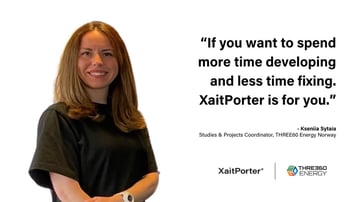
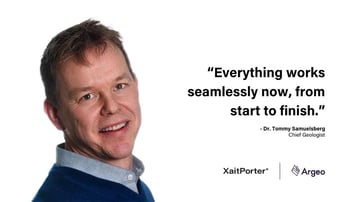
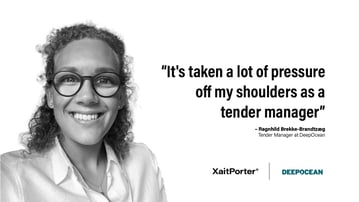
Let’s Check in with the Reservoir Engineer Now
Imagine this scenario: Now, your reservoir engineer has access to real-time collaboration, data sharing, and workflow to enhance efficiency and effectiveness. The ease and speed at which work is completed is energizing:
- Real-time access to data: The engineer can easily access the latest geological data, well logs, and other relevant information directly, without the search or the wait.
- Seamless collaboration: They can easily share their designs and receive feedback from other engineers, geologists, and environmental specialists in real-time.
- Version control tracking: There’s no need to search for the current version or save regularly: everyone is working in the same document without the risk of overwriting.
- Automated workflows: Repetitive tasks, such as data entry and formatting are automated, freeing them up to focus on analysis and design.
- Increased productivity: Frustration is minimized as automated tasks and improved collaboration enable a more efficient and effective work day.
Conquer the Complexities
Given the significant investment and operational risks involved with Field Development Plan projects, ensuring accuracy, timeliness, and quality is paramount for success. Yet, traditional approaches often rely on a serial process, siloed experts, and manual effort. Tasks are manually passed along with limited opportunities for collaboration, leading to significant errors and inefficiencies.
To address these challenges, XaitPorter has revolutionized the way FDPs are developed. By leveraging cutting-edge technology and advanced features, our clients are toppling silos, bridging communication gaps, and unlocking faster, more accurate documents than ever before.
Here’s how:
- Pre-designed project templates quickly establish the workspace and document structure, layout and formatting, and include accurate location-specific regulations.
- Co-authoring the same document means everyone works from a single source of truth, aligning resources, improving communications, and enhancing flexibility.
- Real-time collaboration provides continuous inputs and review feedback for rapid adjustments and improvements that promote accuracy and content maturity.
- Automated workflow eliminates manual coordination and hand-off delays, data parsing, compilation and integration, and layout and formatting tasks.
- Document version control automatically saves work, tracks changes, and manages version control, ensuring everyone is working in the current version.
- An AI-powered content library serves up vetted information, images and content suggestions, as well as master content you can control, or set to allow editing.
- Enterprise security and permission grants and restricts document and section access to protect confidential information and intellectual property.
In today's dynamic energy landscape, developing successful Field Development Plans is critical for the long-term success of any oil and gas company. By embracing modern collaboration tools and technologies, companies can overcome the inherent challenges of traditional approaches, such as data silos, communication gaps, and manual processes.
XaitPorter empowers some of the largest oil and gas companies organizations. Together, they streamline their FDP development processes, enhance collaboration, and improve the quality and accuracy of their plans.



